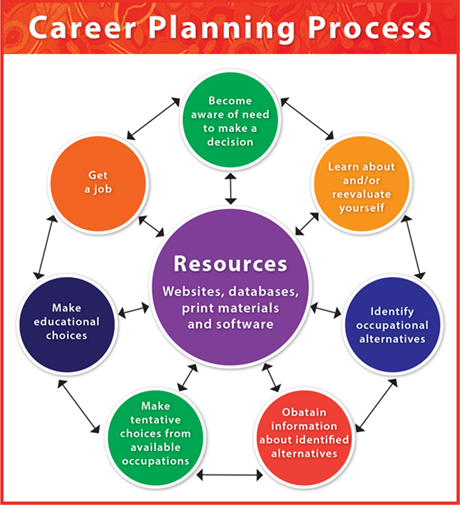Empower Your Wellness Journey
Discover tips and insights for a healthier lifestyle.
Climbing the Career Ladder: Tips for Every Step
Unlock your career potential with expert tips for every step of the ladder. Elevate your success today!
Essential Skills to Develop at Every Stage of Your Career
At the start of your career, it's crucial to develop foundational skills that will set the stage for future growth. These skills often include effective communication, which ensures that you can express your ideas clearly, and time management, allowing you to prioritize tasks efficiently. Additionally, teamwork becomes vital as you collaborate with others to achieve common goals. As you gain experience, consider honing your problem-solving skills, which are essential for navigating challenges and innovating solutions.
As you progress in your career, the need to cultivate leadership skills becomes paramount. This includes not just delegating tasks but also inspiring and motivating team members. Equally important is adaptability, as the workplace is constantly evolving due to technological advancements and changing market demands. Developing a strong professional network can also lead to new opportunities and insights, making it clear that continuous learning and improvement are essential at every stage of your career.

How to Identify and Seize Growth Opportunities in Your Job
Identifying growth opportunities in your job is crucial for career advancement. First, take a proactive approach by conducting a personal SWOT analysis, assessing your strengths, weaknesses, opportunities, and threats. This introspection helps you understand where you excel and what areas need improvement. Additionally, engage in conversations with your manager or mentor about your aspirations and seek feedback on potential growth areas. An open dialogue can uncover possibilities that you may not have considered.
Once you have pinpointed potential growth opportunities, it's time to seize them. Start by setting clear, achievable goals that align with your career aspirations. Networking is another powerful tool; connecting with colleagues and industry professionals can lead to unexpected opportunities. Don't hesitate to volunteer for new projects or cross-departmental collaborations, as these experiences not only enhance your skill set but also increase your visibility within the company. Always be open to learning and adapting, as the ability to embrace change will position you for success.
What Are the Key Networking Strategies for Career Advancement?
In today's competitive job market, effective networking is essential for career advancement. One of the key strategies is to cultivate relationships within your industry by attending events, joining professional organizations, and utilizing social media platforms like LinkedIn. By actively engaging with peers, mentors, and industry leaders, you can enhance your visibility and create opportunities for collaboration. Additionally, consider establishing a personal brand that showcases your expertise and unique value. This could involve sharing insightful content or participating in discussions that highlight your knowledge and skills.
Another important networking strategy is to nurture existing connections. Regularly follow up with contacts, express genuine interest in their work, and offer assistance where possible. This reciprocal approach fosters a sense of community and can lead to valuable referrals or job opportunities. Furthermore, don’t hesitate to leverage informational interviews as a way to gain insights and advice from more experienced professionals. By combining these techniques with a proactive mindset, you can significantly boost your chances of achieving your career goals.